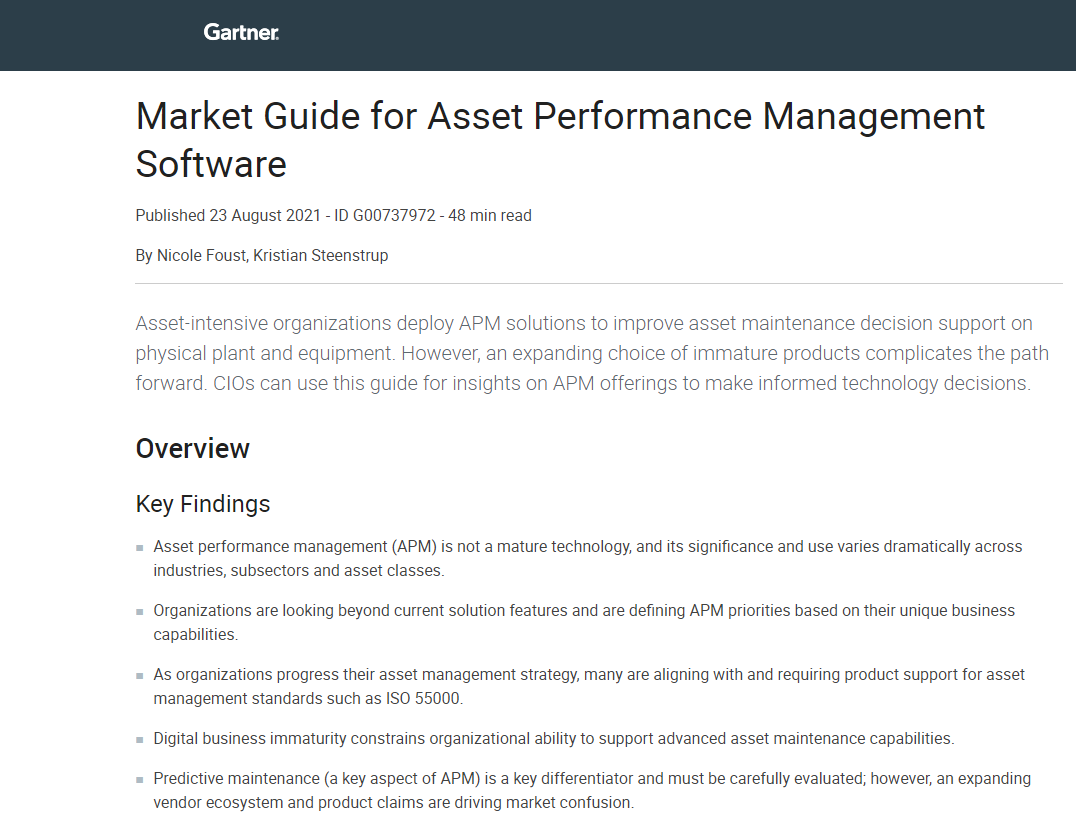BBC slammed by watchdog over failed DMI project
Eight months after the project was canned, government spending watchdog probes why.

The BBC's defunct Digital Media Initiative (DMI) failed because the executives overseeing it didn't ensure it was technically sound or fit for purpose, it has been claimed.
The project's aim was to create a tapeless digital production and archiving system to help the broadcaster's staff manage video and audio content from their desktops.
The initiative ran into difficulties, and was canned in May 2013, with the BBC concluding that much of the 125.9 million spent on the project had been wasted.
The CTO overseeing the project was suspended at the same time, before being sacked two months later.
If the BBC had better governance and reporting for the programme, it would have recognised the difficulties much earlier than May 2012.
Government spending watchdog, the National Audit Office (NAO), has released its assessment of what went wrong with the project.
It was originally due for completion in May 2009, with Siemens tasked with building the system, but the BBC terminated the contract in September 2009 and brought the development of DMI in-house.
Based on the report's findings, DMI's problems seem to stem from this, with the NAO concluding the BBC did not do enough to assess the value for money and risks involved with taking the project on.
Sign up today and you will receive a free copy of our Future Focus 2025 report - the leading guidance on AI, cybersecurity and other IT challenges as per 700+ senior executives
"The BBC's decision to take the DMI in-house was high-risk. It needed to fill capability gaps to complete the programme by recruiting staff with the right skills or using third parties to deliver DMI components," the report states.
It also states the BBC was "too optimistic" about its ability to implement the project, and didn't do enough to ensure it was fit for purpose.
That being said, the report acknowledges the aspects of DMI that were delivered were favourably received by users.
"However, as the project began to encounter further difficulty and delay, users lost confidence in the DMI to provide a reliable system that met their requirements," the report states.
"Some television production teams that relocated to the BBC's new site at Salford had to install alternative digital storage and adapt their editing technology to operate as standalone systems.
"As soon as this happened, the BBC's forecast of business benefits for a fully functioning DMI system started to erode," it added.
Furthermore, the NAO said the project was not scrutinised enough by the powers that be, with the organisation ruling the reporting arrangements used for DMI were not "fit for purpose".
"It is standard practice in technical design to commission thorough independent technical assessments. We noted in our previous report that the BBC had not obtained an independent technical assessment of its design," the report continued.
"The BBC did not take sufficient steps to implement our recommendation to complete an indendent technical assessment."
In a statement, Diana Coyle, vice chairman of the BBC Trust, said the broadcaster must use the DMI experience to shape its handling of future IT projects.
"As we announced last December, were are working with the executive to strengthen project management and reporting arrangements within a clearer governance system," Coyle said.
"This will ensure that serious problems can be spotted and addressed at an earlier stage."
Amyas Morse, head of the NAO, said the report highlights the fact the BBC did not have "sufficient grip" on the implementation of DMI.
"Nor did it commission a thorough independent assessment of the whole system to see whether it was technically sound," said Morse.
"If the BBC had better governance and reporting for the programme, it would have recognised the difficulties much earlier than May 2012."
-
 The modern workplace: Standardizing collaboration for the enterprise IT leader
The modern workplace: Standardizing collaboration for the enterprise IT leaderHow Barco ClickShare Hub is redefining the meeting room
-
 Interim CISA chief uploaded sensitive documents to a public version of ChatGPT
Interim CISA chief uploaded sensitive documents to a public version of ChatGPTNews The incident at CISA raises yet more concerns about the rise of ‘shadow AI’ and data protection risks
-
 IDC: The business value of IBM Maximo
IDC: The business value of IBM MaximoWhitepaper Integral to the transformation of asset management
-
 How to choose APM software for your business
How to choose APM software for your businessWhitepaper A market guide to Asset Management Performance software
-
 Scandal-hit Toshiba to split into three companies
Scandal-hit Toshiba to split into three companiesNews The troubled Japanese giant aims to create more value for investors with "attractive" business separation
-
 Tektronix updates its asset management software
Tektronix updates its asset management softwareNews CalWeb gains four new capabilities surrounding test and measurement equipment calibration
-
 Oracle Utilities partners with Veracity and Triniti to streamline utilities’ digital transformation
Oracle Utilities partners with Veracity and Triniti to streamline utilities’ digital transformationNews The trio will join forces to enhance utilities’ critical infrastructure and processes
-
 The definitive guide to warehouse efficiency
The definitive guide to warehouse efficiencyWhitepaper Get your free guide to creating efficiencies in the warehouse
-
 Atera raises $77 million for its all-in-one SaaS
Atera raises $77 million for its all-in-one SaaSNews RMM by Atera helps MSPs monitor and manage remote IT networks with ease
-
 Rockwell and Kezzler join forces to enhance supply chain visibility
Rockwell and Kezzler join forces to enhance supply chain visibilityNews New track-and-trace platform helps manufacturers monitor their products' lifecycles